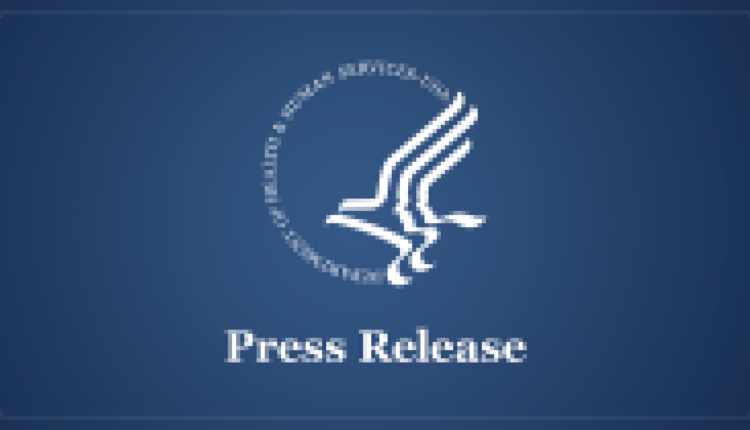
Biden-Harris Admin Pushes Congress to Reduce Commercial Drug Costs
TL/DR –
President Biden’s Inflation Reduction Act, signed in August 2022, expanded benefits and lowered drug costs for millions of people with Medicare. The law includes a $35 per month cap on the cost of Medicare-covered insulin, free recommended adult vaccines for Medicare Part D enrollees, rebates from drug manufacturers if they increase their prices at a rate that exceeds inflation, and a $2000 annual cap on out-of-pocket costs in Medicare Part D by 2025. The President’s 2025 budget proposes expanding these benefits to the 189 million Americans under 65 with private insurance, including letting Medicare negotiate more drug prices, expanding the cap on out-of-pocket prescription drug costs to all private insurance plans and testing lower cost-sharing for high-value generic drugs in Medicare.
President Biden’s Inflation Reduction Act to Lower Drug Costs
President Biden’s Inflation Reduction Act, enacted on August 16, 2022, provides financial relief for millions of Medicare enrollees by expanding benefits, lowering drug costs, and strengthening Medicare.
The law brings significant changes for seniors and people with disabilities, such as:
- A $35/month cap on each Medicare-covered insulin product;
- Free adult vaccines like shingles and RSV for Medicare Part D enrollees;
- Enhanced subsidies for Marketplace plans, reducing premium costs for qualifying individuals;
- Drug manufacturers will pay rebates to Medicare if they increase prices for certain drugs more than inflation, lowering some drug costs;
- A $2,000 annual cap on out-of-pocket costs in Medicare Part D by 2025; and
- Medicare directly negotiating drug prices with manufacturers.
The FY 2025 budget expands on the Inflation Reduction Act, reducing prescription drug costs for 189 million Americans under 65 with private insurance. The proposed changes include:
- Allowing Medicare to Negotiate More Drug Prices: The President proposes that Medicare can negotiate prices for more drugs, including those for heart disease, cancer, and diabetes.
- Expanding Cap on Out-of-Pocket Prescription Drug Costs: The President urges Congress to expand the $2,000 out-of-pocket cap in Medicare Part D to all private insurance plans, providing financial security for Americans under 65 with private insurance.
- Testing Lower Cost-Sharing for High-Value Generic Drugs in Medicare: The Center for Medicare & Medicaid Innovation is designing a model to test lower Medicare Part D cost-sharing for certain high-value generic drugs. The President calls on Congress to limit Medicare cost-sharing to $2 for these drugs for all Medicare plans.
- Expanding the Inflation Reduction Act’s Rebate Requirement: The law requires drug manufacturers to pay rebates to Medicare if prices increase for certain Part B and Part D drugs beyond the rate of inflation. The President calls on Congress to extend these rebates to commercial drug sales. This could further curb drug price inflation and potentially reduce health insurance premiums for Americans with private health insurance.
—
Read More US Economic News
